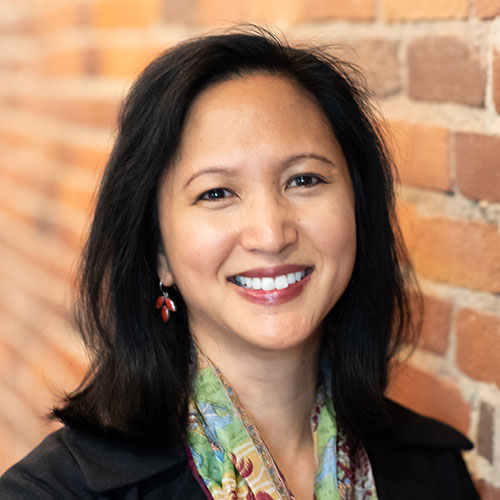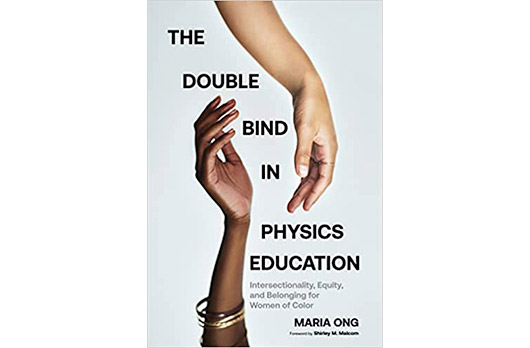The Double Bind in Physics Education by Maria Ong and published by Harvard Education Press
Grounded in research and practice, this compelling book skillfully reveals the experiences of women of color navigating systemic challenges in the field of physics. The individual distinctiveness and the interconnections among the women are highlighted, leading to persuasive recommendations for organizational and cultural change in the field.—Sharon Fries-Britt, professor of higher education, University of Maryland
—Sharon Fries-Britt, professor of higher education, University of MarylandCentering and relaying the experiences of women of color in physics through their lenses and voices, over the course of a 25-year study, Ong masterfully illuminates barriers and navigation strategies that inform us all on how to ensure positive career trajectories for everyone.
—Gilda Barabino, president, Olin College
CAMBRIDGE, MA In a detailed exploration of inclusion in physics, social scientist Maria Ong makes the case for far-reaching higher education reform, noting that despite diversity efforts to recruit more women and students of color into science and mathematics programs, many leave the STEM pipeline.
The Double Bind in Physics Education (Harvard Education Press; Publication date: May 9, 2023; $38.00 paper), takes readers inside the issue by following 10 women of color from their entrance into the undergraduate physics program at a large research university through their pursuit of various educational and career paths. Candid interviews with these women, their instructors and mentors, and their peers, conducted over 25 years, allow Ong to trace how pervasive challenges, such as navigating the intersectionality of race and gender discrimination, have shaped their academic opportunities and career choices.
Despite the ideals of objectivity promoted in STEM disciplines, the women profiled here encounter continued patterns of systemic oppression within their departments. In their stories, Ong identifies overt behaviors and microaggressions that harass, exclude, and otherwise disadvantage women of color and members of other minoritized groups.
Ong also shows how aids such as student support programs, peer groups, allies, and mentors, which are centered on the individual, can go only so far toward a sustainable solution. In order to provide equitable opportunities, she argues, greater work must be done to dismantle institutional norms and replace them with a culture of inclusion.

About the Author:
Maria Ong is a senior research scientist at TERC. She is a member and former co-chair of the Social Science Advisory Board of the National Center for Women & Information Technology and an advisor to the Arizona State University Center for Gender Equity in Science and Technology.

